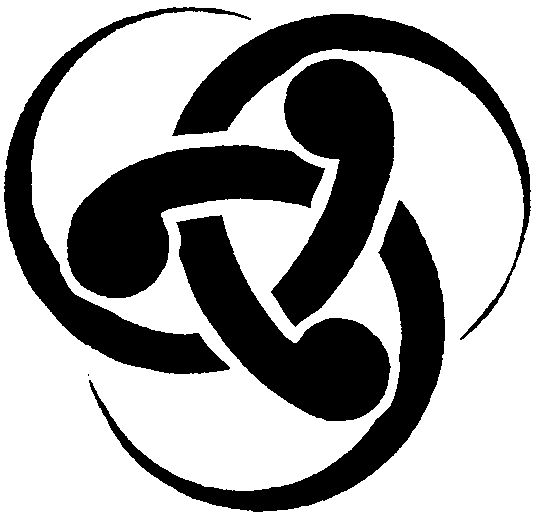|
Sample Student final exam answers 2019 |
LITR 4340
 American Immigrant Literature Model Assignments |
|
Heidi Kreeger
Do You Know Who You Are?
I thought it would be a good idea to begin the ending of this course with a
review of our dominant culture and who better to walk me through it than my
peers? The addition of the dominant culture to our class discussion has been
some of the most intellectually stimulating material we have covered in my
opinion because it is so hard to define exactly what the dominant culture is. I
am curious if the difficulty stems from a “can’t see the forest for the trees”
scenario or because it is so nuanced. After reading through some of the work of
those that took this class before me, I believe I have a better understanding of
how to describe it moving forward.
In her essay “The Ones Who Would Not Assimilate”, Amber Boone gives a great
concise definition of the dominant culture when she says it “is marked by
literacy, plainness, pursuit of education, and it is, as a whole, considered to
be an “unmarked” status.” However great an attempt, this definition still feels
a little vague to me. It could be that it leaves out the idea of “whiteness”
that seems to be implicit in our understanding of the dominant culture. To be
fair Boone does cover this topic in detail in her essay, and I think she is
focused in the right areas when it comes to a “perfect” definition. In addition
to “whiteness” she also makes a key point when she says “America as we know it
today continues to be shaped by this culture, so it is therefore important to
examine its roots, and to look at how such a culture came about”. As with most
things in life, it is necessary to understand the history of a subject to fully
understand it in the present.
Carrie Block also acknowledges the importance of historical context and in her
essay “Lead, Follow, or Get out of the Way” in which she points out the unique
duality displayed by those who began our country’s dominant culture:
the Pilgrim’s story is one of the typical immigrant
narratives as they made a great journey leaving the old world for the new world
with the exception of two distinct differences. First, the Pilgrims traveled as
a large group … and second, they came with no intentions of assimilating to the
current culture.
The reasons behind their resistance were undoubtedly due
to a sense of superiority given to them by their belief system. Block also
addresses this subject when she points out that “The Pilgrims felt that their
endeavor was truly that of God’s work in John Winthrop’s A Model of Christian
Charity” and William Bradford gave her the impression that “you can see that
when talking of America they thought it as a native almost uninhabited land”.
So it is clear that arrogance and religious entitlement is at least in some way
deeply engrained into our dominant culture as well. This realization makes a
clear definition even more difficult and makes me want to veer toward an
umbrella definition that may cover more of the nuances than a specific one. It
seems Ruth Brown had similar struggles in her essay “The Search for the Dominant
Culture” and I really appreciated the approach she ended up taking up which was
to say she “came to the conclusion that perhaps dominant culture is not so much
a label, as an identity with a vast history, an identity that characterizes
itself as being unmarked and plain, but has much depth”.
It is clear to me that while Ruth Brown may have found the most agreeable
definition of the dominant culture for me personally, there is no universally
agreed upon answer, and maybe that’s a good thing. Labeling is the source of all
division and moving forward the best solution may be to accept that cultures of
all types are fluid and nuanced, and personal. And our dominant culture surely
changes with each generation; I cannot wait to see how it evolves from here.



